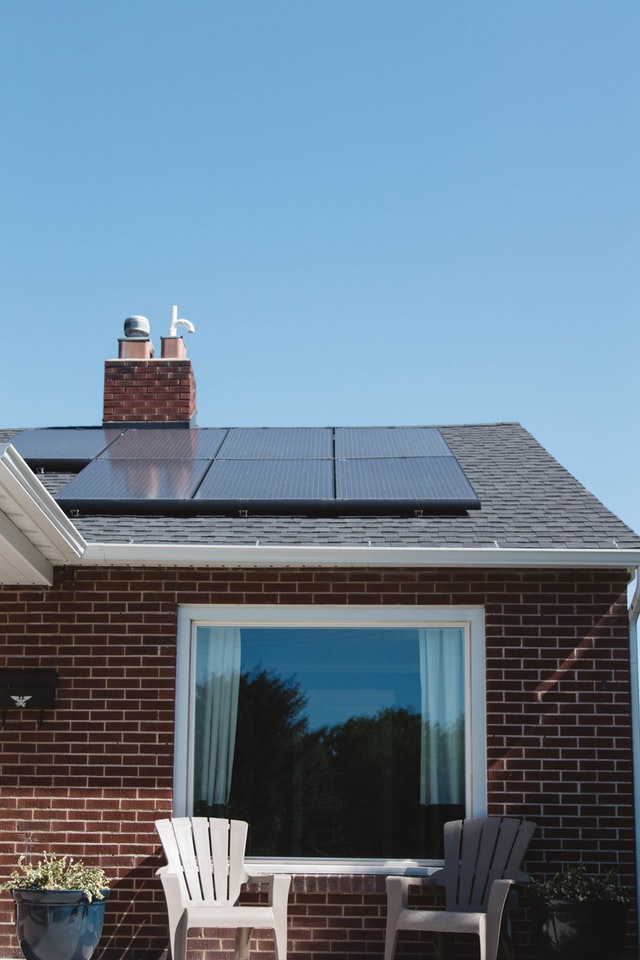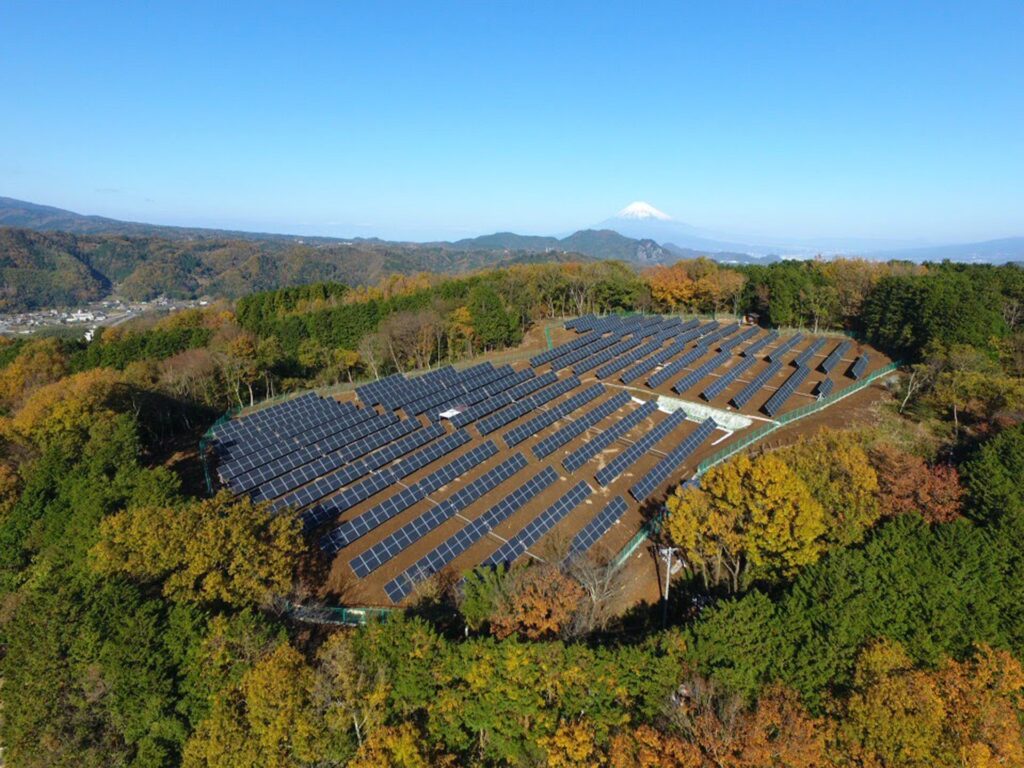
Pros and Cons of Solar Energy
There are always downsides no matter the energy source you choose to analyse. GreenMatch has outlined the key advantages and disadvantages of solar power in the following points.
| Advantages | Disadvantages |
|---|---|
| .Renewable Energy Source | .Cost |
| .Reduces Electricity Bills | .Weather Dependent |
| .Diverse Applications | .Solar Energy Storage is Expensive |
| .Low Maintenance Costs | .Uses a Lot of Space |
| .Technology Development | .Associated with Pollution |

Advantages of Solar
1. EnergyRenewable Energy Source
Among all the benefits of solar panels, the most important thing is that solar energy is a truly renewable energy source. It can be harnessed in all areas of the world and is available every day. We cannot run out of solar energy, unlike some of the other sources of energy. Solar energy will be accessible as long as we have the sun, therefore sunlight will be available to us for at least 5 billion years when according to scientists the sun is going to die.
2. Reduces Electricity Bills
Since you will be meeting some of your energy needs with the electricity your solar system has generated, your energy bills will drop. How much you save on your bill will be dependent on the size of the solar system and your electricity or heat usage. Moreover, not only will you be saving on the electricity bill, there is also a possibility to receive payments for the surplus energy that you export back to the grid. If you generate more electricity than you use (considering that your solar panel system is connected to the grid).
3. Diverse Applications
Solar energy can be used for diverse purposes. You can generate electricity (photovoltaics) or heat (solar thermal). Solar energy can be used to produce electricity in areas without access to the energy grid, to distill water in regions with limited clean water supplies and to power satellites in space. Solar energy can also be integrated into the materials used for buildings. Not long ago Sharp introduced transparent solar energy windows.
4. Low Maintenance Costs
Solar energy systems generally don’t require a lot of maintenance. You only need to keep them relatively clean, so cleaning them a couple of times per year will do the job. If in doubt, you can always rely on specialised cleaning companies, which offer this service from around £25-£35. Most reliable solar panel manufacturers offer 20-25 years warranty. Also, as there are no moving parts, there is no wear and tear. The inverter is usually the only part that needs to be changed after 5-10 years because it is continuously working to convert solar energy into electricity and heat (solar PV vs. solar thermal). Apart from the inverter, the cables also need maintenance to ensure your solar power system runs at maximum efficiency. So, after covering the initial cost of the solar system, you can expect very little spending on maintenance and repair work.
5. Technology Development
Technology in the solar power industry is constantly advancing and improvements will intensify in the future. Innovations in quantum physics and nanotechnology can potentially increase the effectiveness of solar panels and double, or even triple, the electrical input of the solar power systems.

Disadvantages of Solar Energy
1. Cost
The initial cost of purchasing a solar system is fairly high. This includes paying for solar panels, inverter, batteries, wiring, and for the installation.
2. Weather Dependent
Although solar energy can still be collected during cloudy and rainy days, the efficiency of the solar system drops. Solar panels are dependent on sunlight to effectively gather solar energy. Therefore, a few cloudy, rainy days can have a noticeable effect on the energy system. You should also take into account that solar energy cannot be collected during the night. On the other hand, if you also require your water heating solution to work at night or during wintertime, thermodynamic panels are an alternative to consider.
3. Solar Energy Storage Is Expensive
Solar energy has to be used right away, or it can be stored in large batteries. These batteries, used in off-the-grid solar systems, can be charged during the day so that the energy is used at night. This is a good solution for using solar energy all day long but it is also quite expensive. In most cases, it is smarter to just use solar energy during the day and take energy from the grid during the night (you can only do this if your system is connected to the grid).
4. Uses a Lot of Space
The more electricity you want to produce, the more solar panels you will need, as you want to collect as much sunlight as possible. Solar PV panels require a lot of space and some roofs are not big enough to fit the number of solar panels that you would like to have. An alternative is to install some of the panels in your yard but they need to have access to sunlight.
5. Associated with Pollution
Although pollution related to solar energy systems is far less compared to other sources of energy, solar energy can be associated with pollution. Transportation and installation of solar systems have been associated with the emission of greenhouse gases. There are also some toxic materials and hazardous products used during the manufacturing process of solar photovoltaic systems, which can indirectly affect the environment.
Reference: Greenmatch